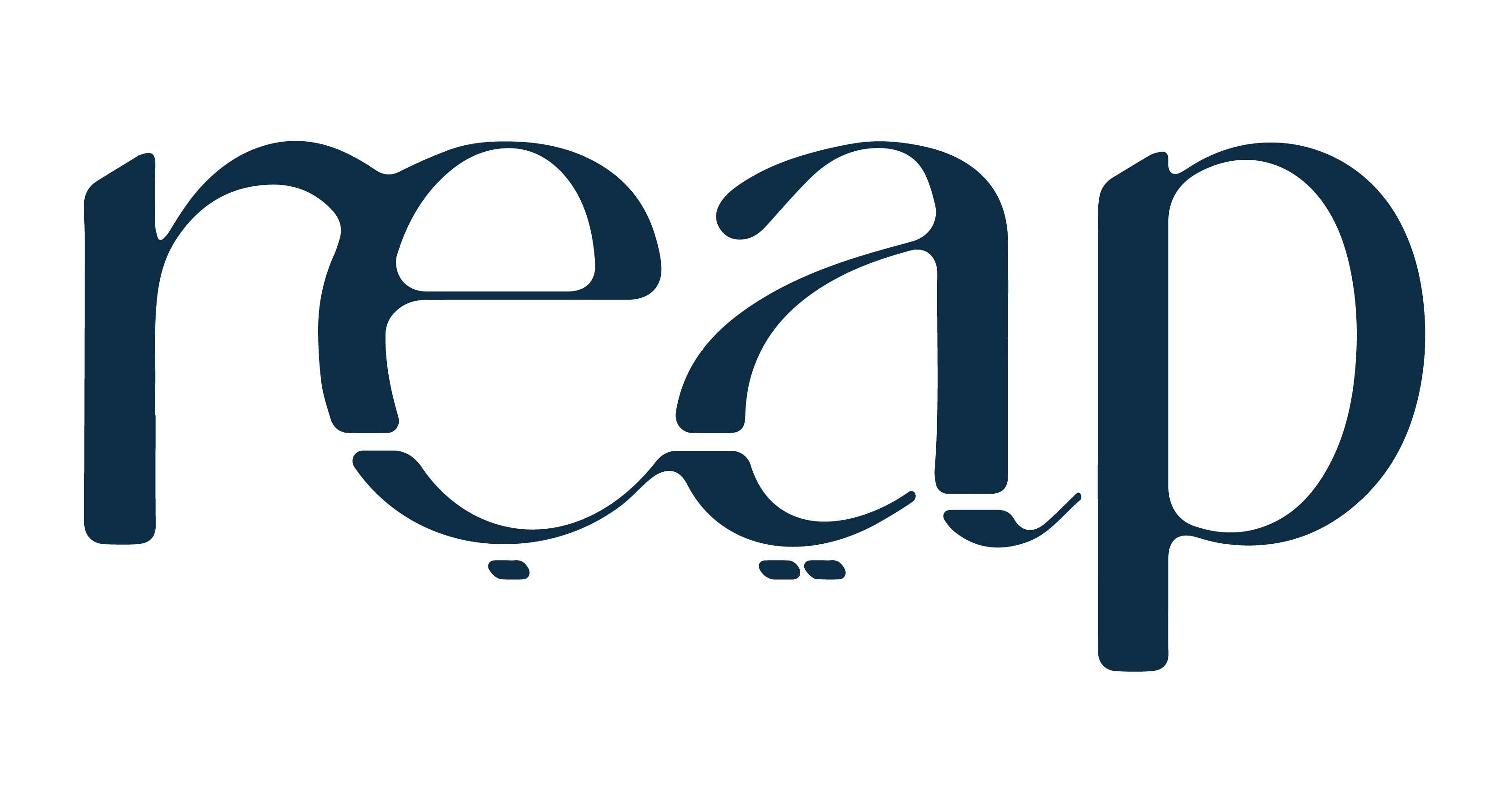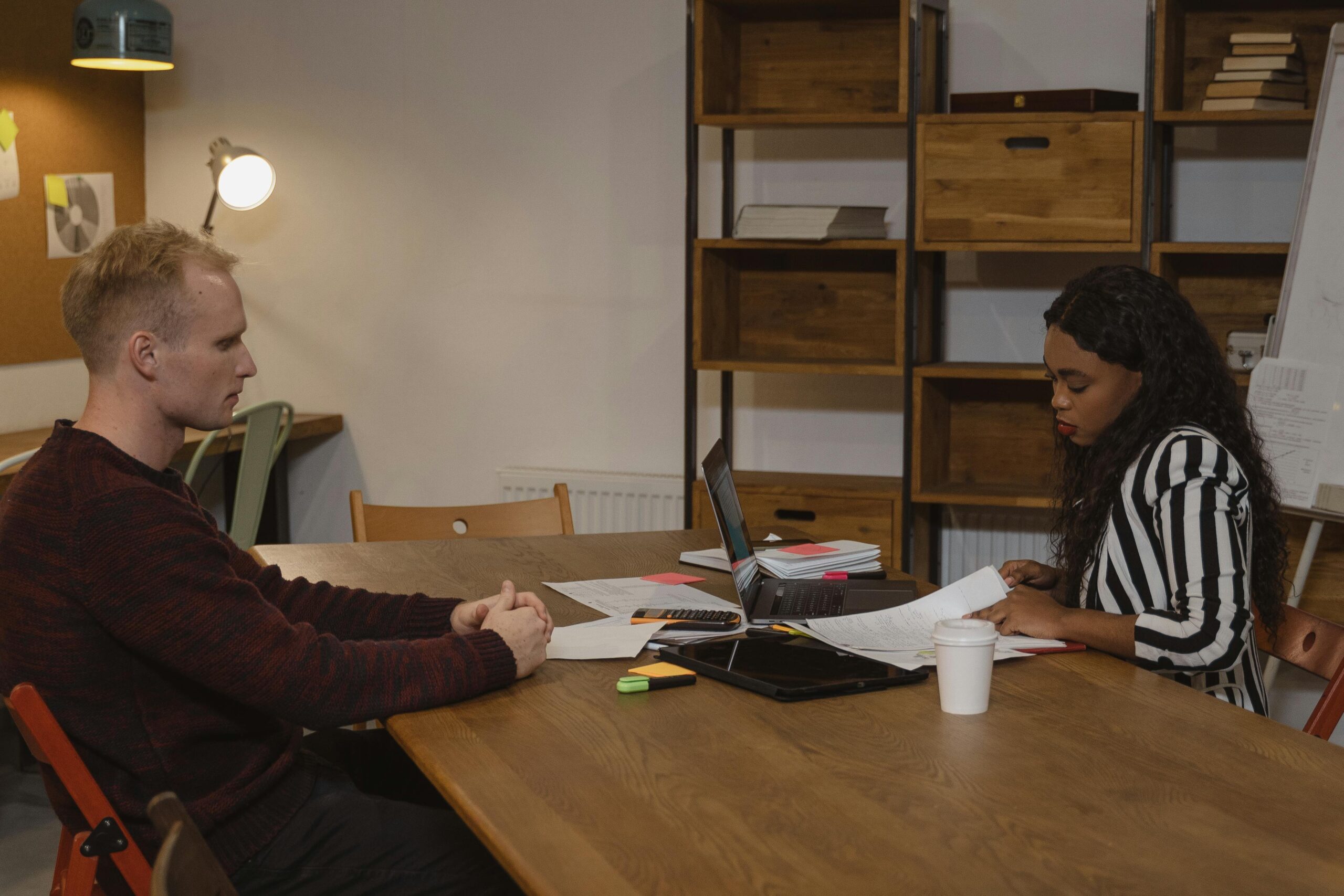Even though preparing for an interview can feel daunting, by using the right approach and mindset, you can improve your chances of success. This is a methodical technique to assist you in successfully and confidently getting ready for your next interview.
- Analyze the organization
Spend some time learning everything you can about the company before the interview. Comprehending the company’s goals, core principles, offerings, services, and latest developments will enable you to customize your answers and demonstrate your sincere interest in the position. That’s what you should concentrate on.
- Website of the Company: Go to the company’s website to learn about its background, executive team, and guiding principles.
- Recent press: Watch for any recent press releases, articles, or updates on the company.
- Social Media: To learn more about the company’s most recent projects and culture, visit its social media accounts.
2. Analyze the job description
Make sure you read the job description attentively and understand the main responsibilities and requirements of the position. Assess the skills and experiences the organization is looking for, then think about how your background meets these needs. Give specific examples of your past experiences to demonstrate your suitability for the role.
3. Get familiar with regular interview questions
Even though you can’t anticipate every query you’ll be asked, you can get comfortable responding to the following typical interview questions:
- Tell me about your background.
- Why do you wish to be employed here?
- What are your advantages and disadvantages?
- Tell about a difficult circumstance you’ve encountered and the way you resolved it.
- In five years, where do you see yourself?
Use the STAR approach (situation, task, action, result) to organize your responses to behavioral inquiries and prepare succinct and persuasive answers to these questions.
4. Create Your Inquiries
Asking intelligent questions during an interview demonstrates your interest in the position and the business. Interviews are two-way streets. Make a list of questions you would like to ask the interviewer, such as:
- Could you describe the average day in this position?
- What other details can you provide about the group I’ll be working with?
- What are the team’s current main challenges?
- What constitutes success in this role?
- What chances exist for developing oneself professionally?
5. Wear Appropriate Clothes
Since first impressions count, dress professionally and in a way that fits the company’s culture. It’s preferable to be a little overdressed than underdressed when in doubt. Ensure that your clothing is well-fitting, clean, and pressed.
6. Show Empathy with Your Body Language
Your body language conveys a lot about your professionalism and sense of self-assurance. Steady your posture, give a solid handshake, and maintain eye contact. Avoid fidgeting, crossing your arms, or glancing at your phone during the interview.
7. Gather Your Materials
Additional copies of your resume, a list of references, and any other documents you believe the interviewer could require should be brought. Having a pen and paper on hand is also a smart idea for taking notes.
8. Arrange Your Travel
If the interview is in person, make your travel plans in advance to ensure that you arrive on time. Do some advanced study on the route, traffic patterns, and parking availability. Make an effort to arrive ten minutes or more early.
9. Prepare for Interviews Online
Verify that your equipment is set up and functioning correctly if your interview is taking place virtually. Verify your internet connection, microphone, and camera. Choose a quiet, well-lit location for the interview to ensure there are no outside distractions.
10. Continue to be positive and confident
Finally, enter the interview with a cheerful and self-assured demeanor. Trust in your abilities and what you can bring to the company. Remember to take a deep breath, be calm, and be yourself.




